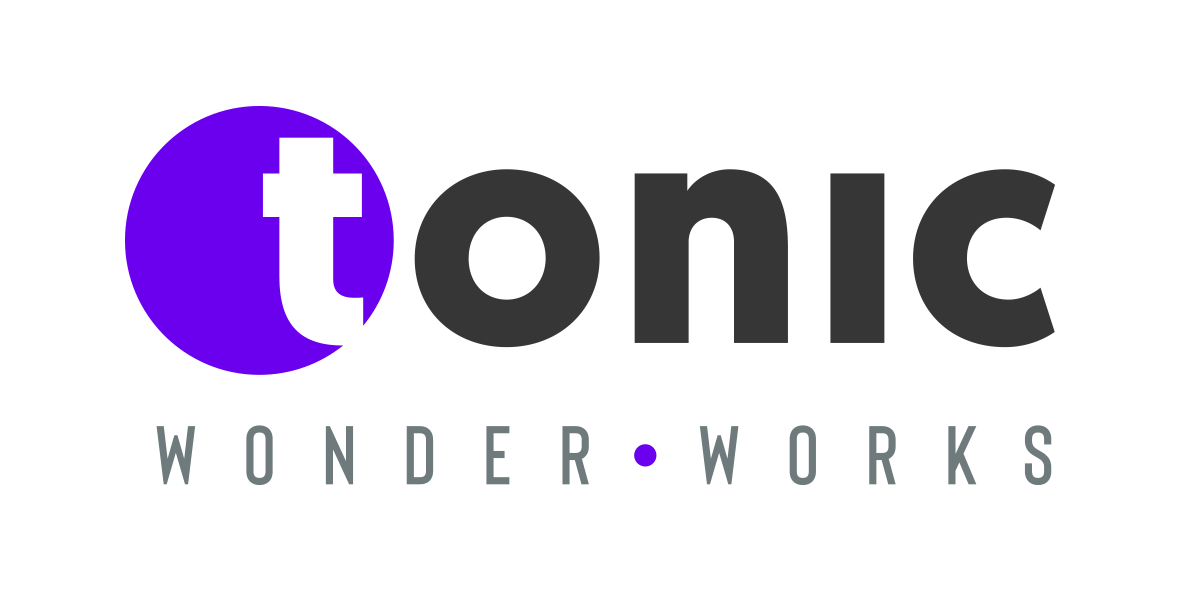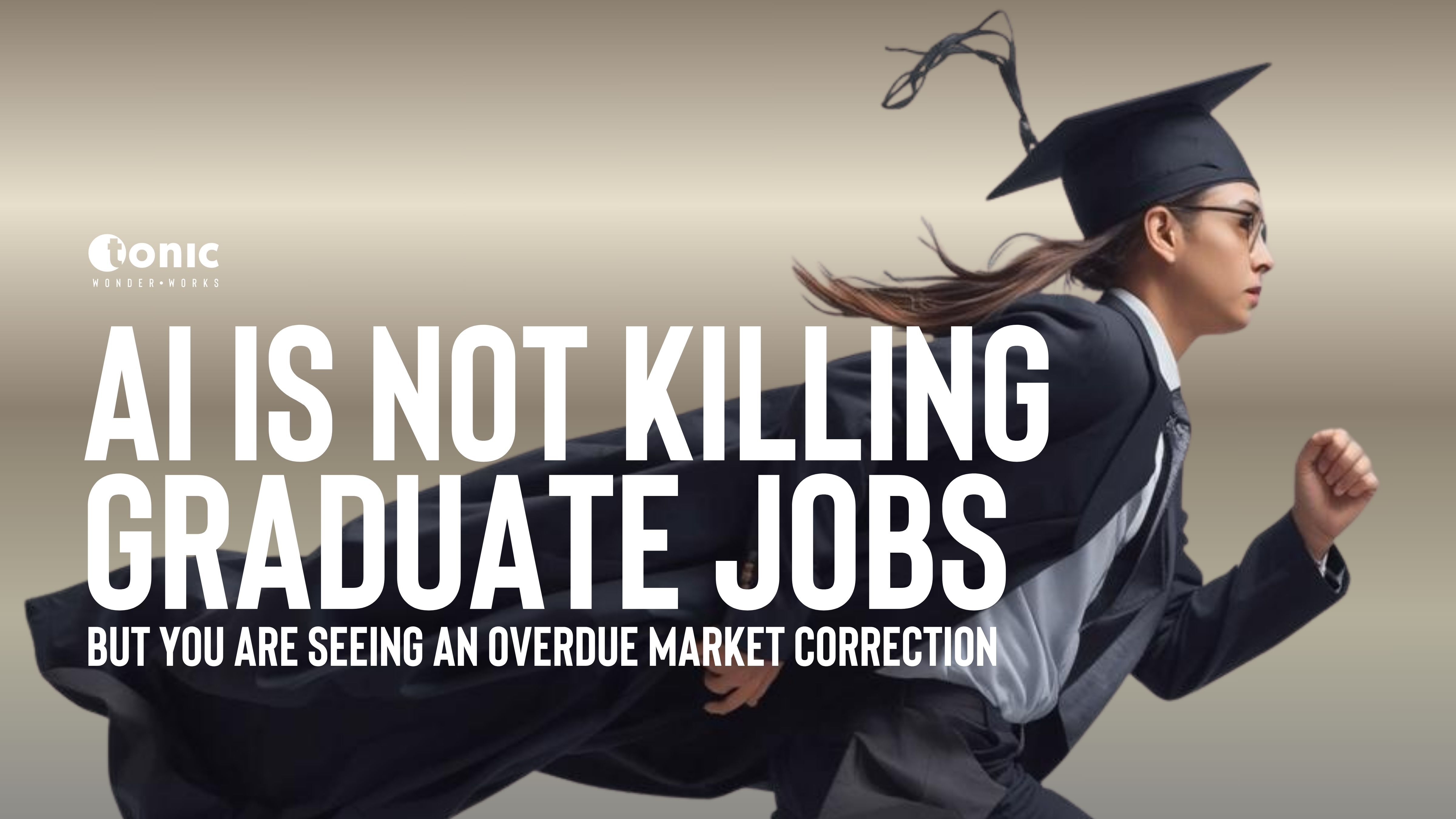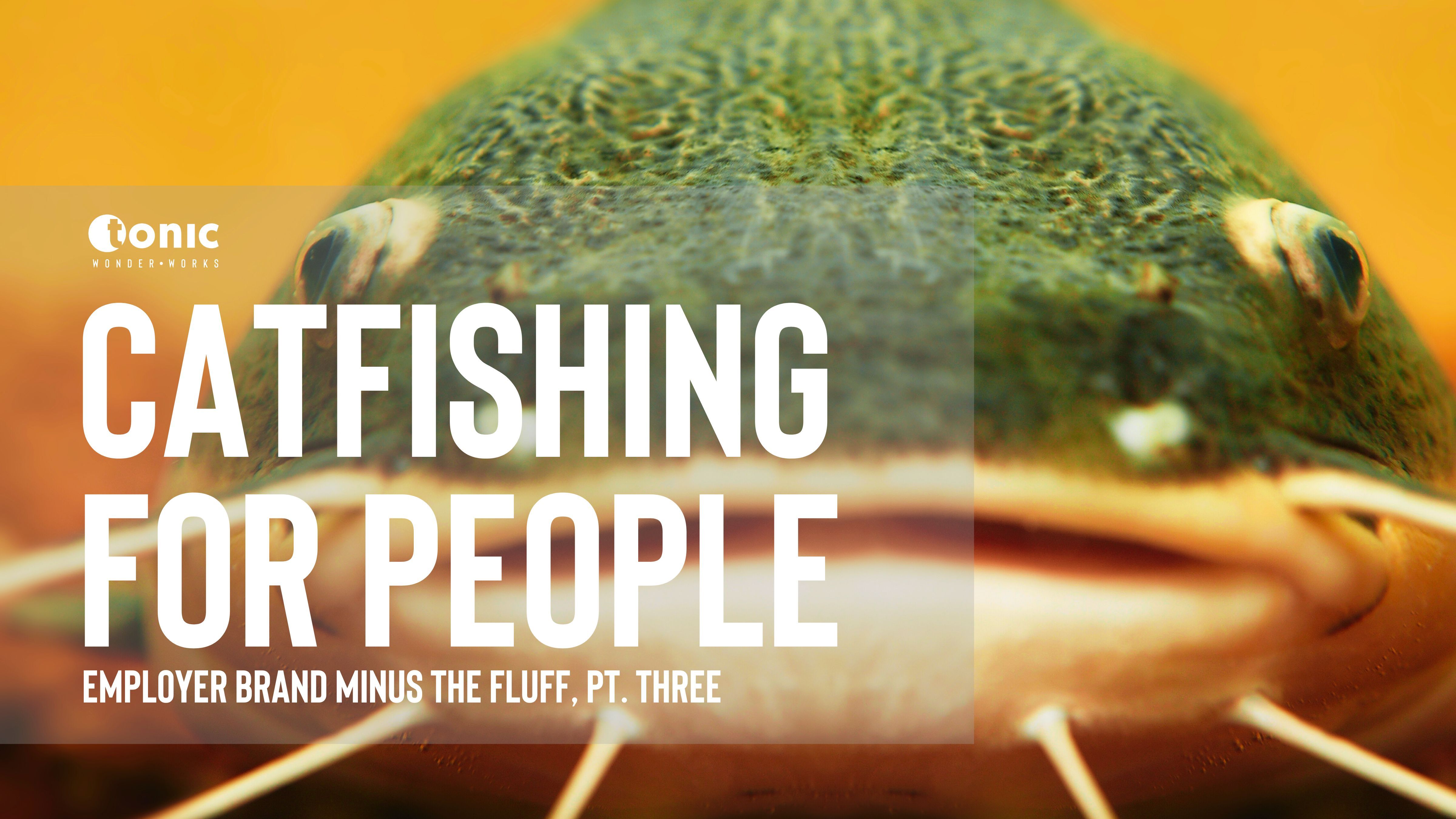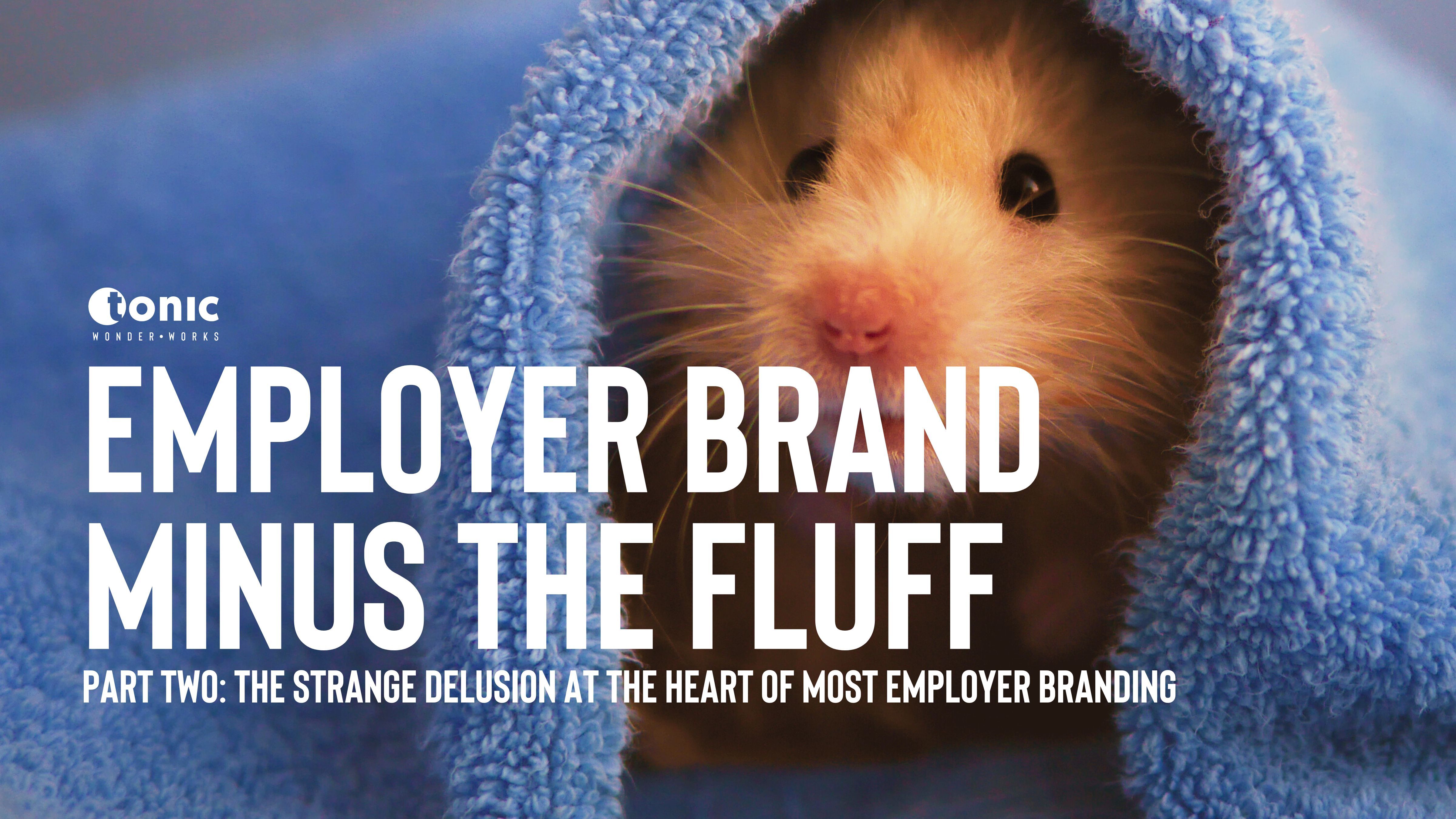This blog originally had a much stronger title, implying a level of BS that frankly I chickened out of using, but if you’re anything like me you’ve probably heard, or read plenty about the ‘soon to be arriving’ Web 3.0. You may even be old enough (like me) to have worked with Web 1.0, in the 1990s. In fact, I’ve not worked without some version of the internet (maybe I'm not that old after all) - and I’m cynical enough to have heard the flim-flam merchants trot out buzzwords with enough frequency to spot a real thing over a hyped-up way of selling some technology or another. They never hang around do they…
I’d love to say that I really understand enough about the world of NFT’s, the metaverse, augmented reality and the like to be able to advise you on those. But that would be so far from the truth. And I reckon most people out there are in the same place. So I thought I’d do some digging to see what I could find. Maybe this will help you too?
Heads up from the get-go, there’s not much certainty out there. It’s very much an evolving environment, so there is no consensus. Just like I’m doing here, there’s a lot of ‘if this, then maybe that’ going on.
First, back to basics. The history…
In my first job, at the mighty Top Jobs on the Net (1997-2000), our chief problem was that people didn’t use or know what the internet was at all. Maybe they had email. Quite often I was asked to print it off (the whole internet…) and send it over so that someone could check it out. Err no.
Fundamentally, those early days were about pages, blogs, emails and document downloads that happened exclusively via browsers. As marketers, and talent acquirers, we had to publish content, and then find a way to make that findable using SEO really well. At a stretch, a best in practice candidate experience involved setting up an auto-response to emailed applications - at least people would know that their CV was received, right!
Then after Y2K (yikes), at the point I joined agency land with the probably mightier but also defunct Barkers Advertising (1814-c.2010), Web 2.0 came along and brand marketing evolved to create responsive ways to deliver contextually correct information to people as they moved through a semi-designed candidate experience. And of course, along came social to exacerbate this shift. The big social platforms made sharing content way easier of course and enabled two-way comms but at the cost of control and ownership. Democratic control of the internet reduced to a few very large corporations, who in turn made a lot of money selling access to people. But the emphasis shift was critically from using the web to access information, to connecting with people.
If Web 1.0 was about access to information, Web 2.0 became about personal connections and a personalised experience but via third parties. In my estimation there are many employers that are still transitioning from 1.0 to 2.0, publishing content and hoping that they’ll get in front of the right people by hook or by crook.
Now the future…
So, what’s this Web 3.0 then? In terms I can understand the main gist seems to be focused on three main things; decentralisation powered by the blockchain; experiences that are punctuated by virtual/augmented reality; and non-fungible tokens (NFTs) which I’d lump in with Crypto, just because I don’t truly understand either!
The way I make this work in my own mind is Web 1.0 = information; Web 2.0 = People; and Web 3.0 = places & experiences. Obviously, that’s a build, additional layers, not replacements.
So what are we going to do about that then? Great question! Thanks :)
First thought… if you’re struggling to move from web v1 to web v2 at the moment. Better hurry up. The world is moving on and if you don’t take a minute to think about how you’re going to tackle this it’ll be like running 2x4 classifieds in the back of the Brighton Evening Argus while everyone else is running TikToks.
Second thought… if the democratic nature of the internet returns, and we’re less beholden to the media giants to buy the access we need, then we have a great opportunity to regain the direct attention of people as they make decisions about the themes and brands to engage with. It’s perhaps the best thing that could happen for employers… but we’ll have to be better content providers to build communities around us all as employers.
Next… regarding NFTs, any mainstream news you’ve probably read so far will be about the $m’s paid for original artwork or one-off items like the very first tweet, so they might seem like a red herring for brands. But, scale that back and simply use them throughout the candidate/employee experience as enablers of access to our ecosystems, or even reward tokens might be a good way to keep people engaged and motivated as they engage with us - they are in that context no different to the arm fulls of swag that employers give away at graduate careers fairs, after all, are they?
Experiences though… that’s perhaps where the closest correlation to the world as we know it exists. Designing meaningful experiences should be where we’re already starting now. What do we want people to do/what can we do as people experience our employer brands? It’s clear that the investment of Meta (Facebook) and others is in being ready for mixed experiences across varying realities. In a newly decentralised / newly democratic Web 3.0 they want to hang on to eyeballs, so we should thinking about that too. The way we attract, engage, onboard, work, and retire talent is likely to be hybrid - and I don’t mean working from home sometimes. People are likely to want to jump in and out of engaging with our brands in social, in VR, in real life, in print, in blogs etc etc. We have to be ready for that, ready to meet candidate expectations.
Final thought… this content in its own right is most likely miles away from what this (apparent) seismic shift actually means. But I’m going to keep working to find out more. It’ll be interesting to look back on when Web 3.0 (and eventually 4.0) gets going. My best advice would be to keep your eyes open and be ready to move. The first movers will get the advantages.
Is it BS? Maybe. But better to be thinking ahead, figuring it out, than waiting for someone to tell you what to think. Right?





